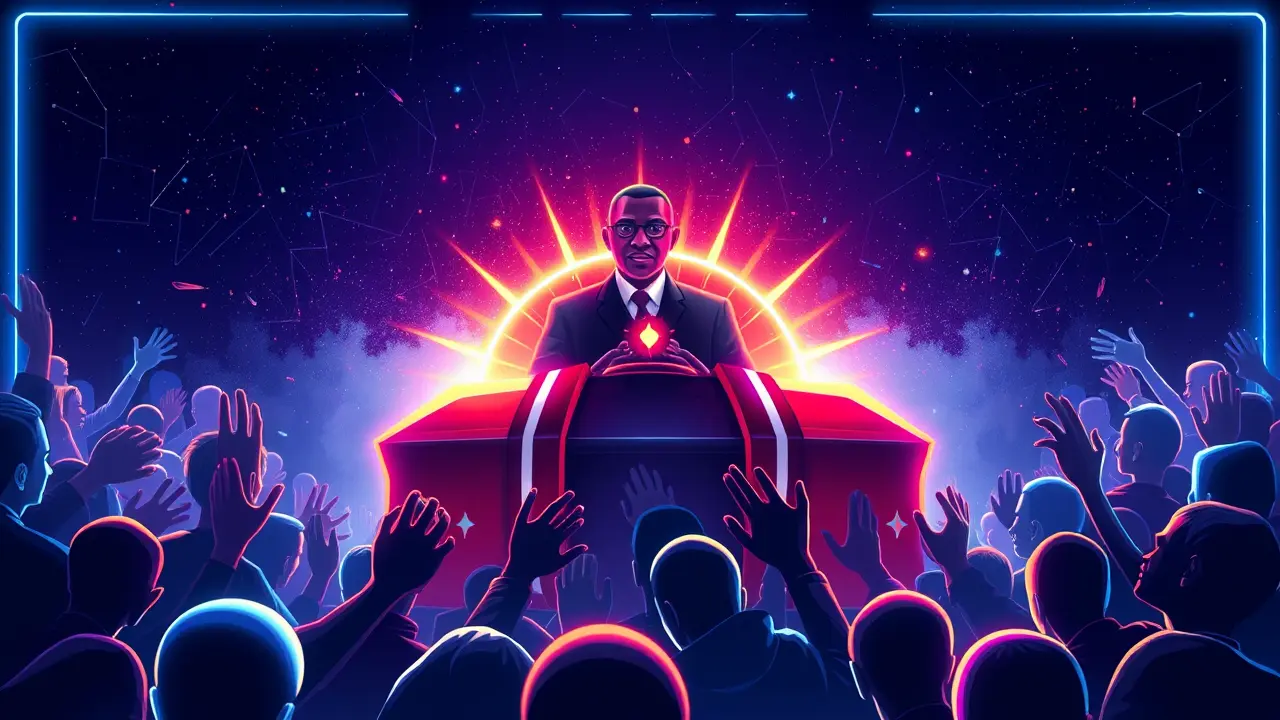State Funeral for Kenya's Ex-PM Odinga Turns Deadly
The state funeral for Kenya’s former Prime Minister Raila Odinga, a moment intended for national mourning and political pageantry, descended into tragedy today as a surge in the crowd desperate to view the leader’s coffin resulted in a fatal crush, killing two people and injuring dozens more. The incident, which unfolded under the punishing Nairobi sun, casts a stark and somber shadow over the legacy of a man who has been both the fiery heart of Kenyan opposition politics and a symbol of its fragile democratic aspirations for decades.Odinga, a titan whose career was a relentless marathon of imprisonment, exile, and narrowly lost presidential bids, commanded a loyalty so fervent that it ultimately turned deadly at the very event meant to honor his life. Eyewitness accounts describe a scene of escalating chaos; what began as a solemn, if massive, procession of supporters clad in the signature orange of his ODM party suddenly fractured as the crowd pressed forward against flimsy metal barriers, their collective desire to bear witness overwhelming the security cordon.The air, thick with dust and the chorus of mourning songs, quickly filled with screams as people stumbled and fell, unable to rise against the relentless human tide. This is not merely a story of a crowd control failure; it is a tragic metaphor for the volatile political passions Odinga himself so often channeled—a force for change that could, in an unguarded moment, consume its own.The context is critical here: Kenya is a nation perpetually on a knife’s edge, its political landscape defined by the historic rivalry between the Odinga and Kenyatta dynasties, a tension that has repeatedly spilled into electoral violence, most notoriously after the 2007 election. Today’s deaths will inevitably be weaponized, with Odinga’s allies likely framing the victims as the final martyrs of his people-powered movement, while government critics will point to inadequate planning for a figure of such monumental popularity.The funeral itself was a state-sanctioned event, placing the burden of security squarely on the incumbent administration, a fact that will not be lost on anyone in the fraught run-up to the next electoral cycle. The two unidentified victims, whose lives were extinguished in a frenzy of adulation, now become permanent, painful footnotes in the Odinga legend—a narrative already rich with defiance and resilience.Analysts watching from afar will see in this tragedy the undeniable power of Odinga’s populist appeal, but also a chilling warning about the instability that can simmer just beneath the surface of any major public gathering in a politically charged environment. The consequences will ripple far beyond the funeral grounds; expect official inquiries, political recriminations, and a national conversation about the cost of hero-worship.For a country striving to project an image of stability and progress, the deadly tumult at a state funeral is a devastating blow, a raw and public demonstration of how quickly order can disintegrate. The story is no longer just about honoring a departed leader; it is about the two lives lost in the process, and what their sacrifice says about the intense, and sometimes dangerous, nature of political devotion in modern Kenya.
It’s quiet here...Start the conversation by leaving the first comment.
